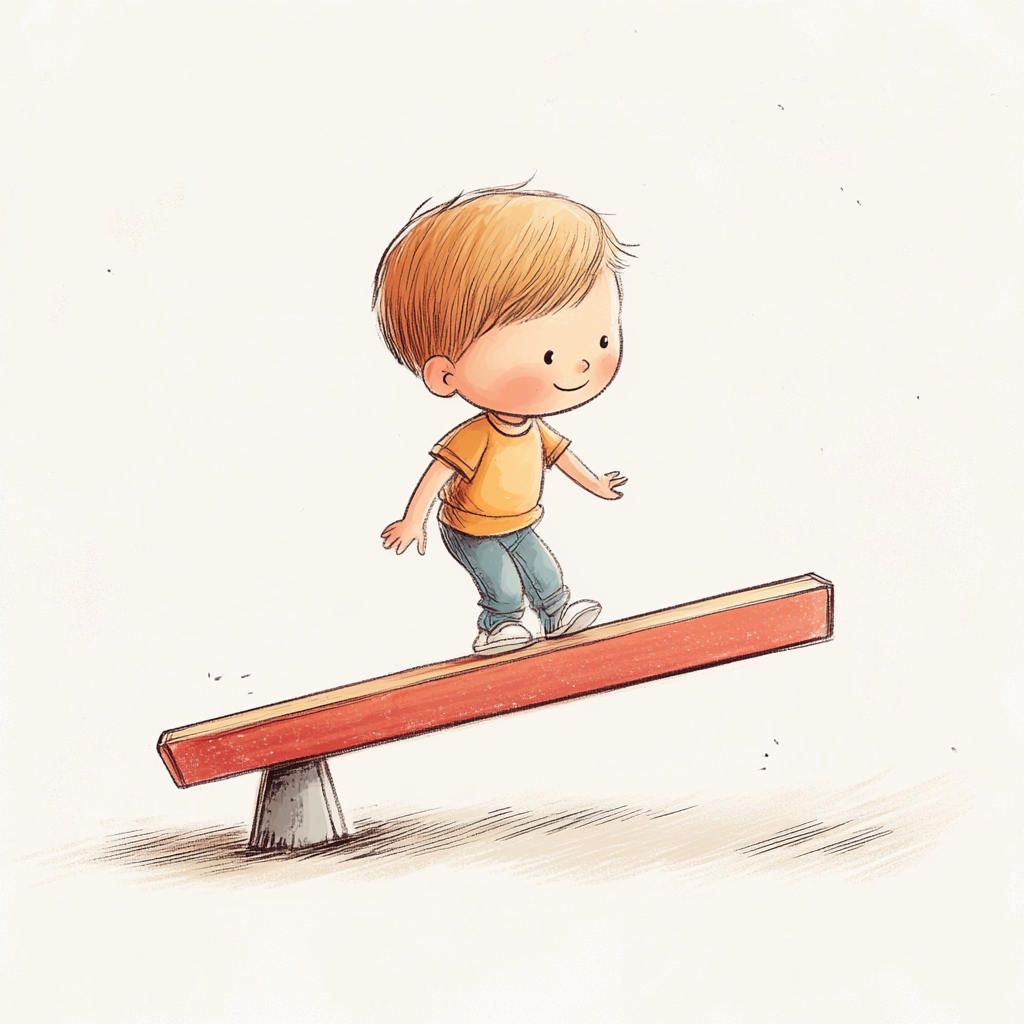A safe place to call home, Why Stability Matters More Than You Think.
I can understand, as a father, being the one who has to leave the family home. All too often, fathers are leaving their home or being kicked out and having to look for their own accommodation. But let us focus here on how our children feel in our home or place of residence. Whether this be a rental, your own house, or even if they are staying with their mother and you only get to see them on the weekend. If you cannot see your children at this time, it is hard to have any control over the stability of your children and the environments they are in.
Depending on the age of our children, they may either be in childcare or school. Keeping these environments the same is important to create a sense of stability for our children when the family structure is dissolving and adapting to a new structure. Even if you have to move a distance away, we should keep the consistency. Changing a child’s environment can create a sense of fear in a child and hyperarousal, where our children feel unsure whether things will change and may limit creating new relationships for fear that they may not continue.
Constantly changing our child’s environment, school, or neighbourhood also means constantly changing and adapting to new structures and creating new friend groups and relationships for our child. As adults, we seem less interested in creating new friend groups, but we have the means to keep in touch and travel to our friends at will, while a child does not. A young child cannot pick up the phone and call their friends, or jump in the car and visit them. They are solely reliant on our time frame and availability and the relationships that they build while in childcare, school, groups, or family. There is usually one means of connection to relationships for a child, and that is in person, physically, facilitated by a parent.
It is not only the external environment that we need to keep the same, but the internal environments themselves. Think about the feeling of going from one grade to the next in school. There is always a transition period to feel comfortable with the new classes and programmes. The same can be said with our homes. How often do we call the home we grew up in “our home,” despite the fact that we never owned it, but that our parents did? If you can, make every attempt to create a bedroom for your child. This bedroom should be your child’s and not yours. Yes, you can ask them to clean it, or you can make the bed and pack the clothes away, but this is your child’s bedroom. Too often, when our children may become frustrated, I hear of parents barging into their child’s room and having an argument. Can you imagine if your parents barged into your home and started berating you or telling you off in your own home? A child’s room is their safe place; it is where they feel comfortable to switch off, to come home and relax, to cry into their pillow after they get rejected by someone they had a crush on. If we intrude on this space consistently, we remove our children’s personal place of safety and remove boundaries. Anything in that room is perceived to be theirs, so if you allow them to have video games and a TV in their room, you have to consider their autonomy to control its use. When we change boundaries and dynamics, we also create a sense of infrequent instability, and our child will seek stability.
A child’s bedroom should neither be invaded nor used as a punishment, where they are locked in their room. Think of how we all felt being locked at home during COVID-19. Despite an environment being our own, being prohibited from leaving also turns a safe place into the opposite. Without a safe place to catch us when we fall, we may accept others taking advantage of us to try and save ourselves or to keep a job, unable to see any alternative. We want to create a home and environment that is safe, a place to call their own.
M. Scott Peck, in The Road Less Travelled, explains how children raised in environments with little structure or predictability often seek control in unhealthy ways. Children who gravitate toward gangs or drugs are not always lacking love—they’re often lacking stability. In such homes, where the future feels uncertain, the pursuit of instant gratification can override long-term thinking. Discipline becomes secondary to emotional survival.
A place to call home is more than just love—it is predictability and consistency. Our behaviour as adults either reinforces this trust or erodes it. A consistent home acts as a psychological safety net. It allows our children to feel confident taking risks, knowing that if they fall, there is something—someone—stable there to catch them.
